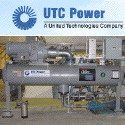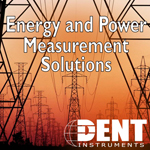Triple Play: Sou Hills Project
In August, 2007, MeV acquired a lease and development rights on ~1700 acres (~700 hectares) of land in Nevada’s East Dixie Valley. This area is a Known Geothermal Resources Area (KGRA) with a functioning plant, Ormat’s Dixie Valley 60MW facility, in the near vicinity. Given the parcel’s location in the Sou Hills, we now refer to this parcel as the Sou Hills Prospect. One other key aspect to the Sou Hills Prospect is its proximity to electricity transmission. A distribution line is located within 400m of the southern end of the parcel which connects to a 230kv transmission line owned and operated by Sierra Pacific Power Company. MeV has made one preliminary visit to the Sou Hills Prospect which is recorded here.
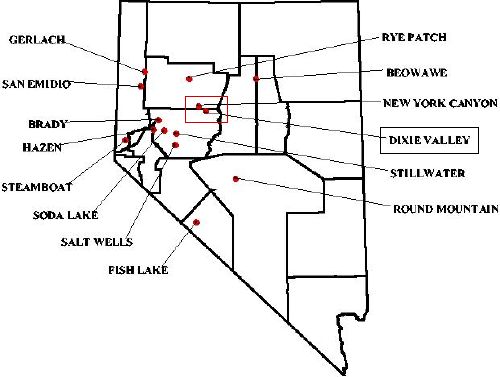
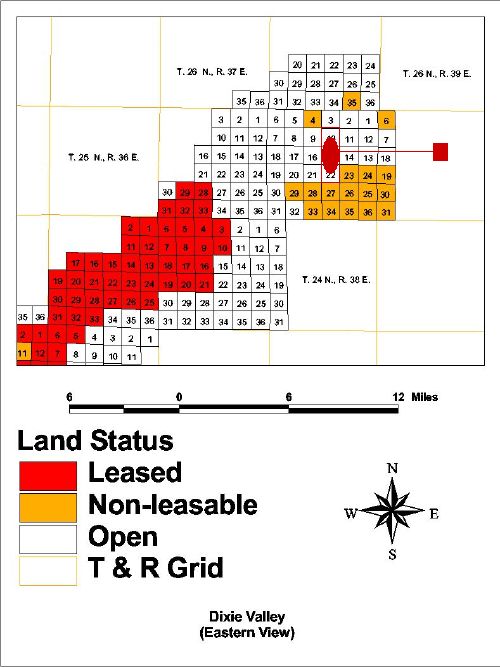
As with any geothermal prospect, exploration is paramount. Before the end of the year, MeV plans to complete aerial, self-potential, soil chemical, and magnetic surveys of the prospect. In addition, MeV plans a 2m shallow temperature survey with at least 100 measurement points (which can and will be adjusted in the field to accommodate the localization of any anomolies.) After collecting and analyzing this data, MeV may drill temperature gradient wells in locations suggested by the analysis of the prior surveys.
In addition to geothermal resource, MeV also observes that this location lies in the desert and is the recipient of copious amounts of sunshine year around. Given that benefit, solar surveys to characterize resource applicability for solar thermal electricity production will also be performed. Finally, there may be wind resource in the area and as such a wind resource analysis will be performed. This will help determine the feasibility of a “double” or “triple” play allowing multi-dimensional harvest of renewable resource below the surface level with geothermal, at surface level with solar thermal, and above surface level with wind all on the same physical property.
(Sou Hills Prospect in Rectangle Area >5 kwh/m2)
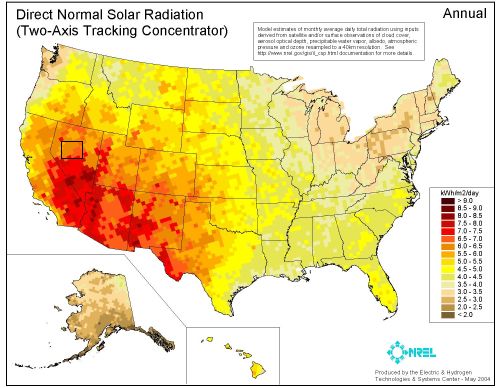
(Sou Hills Prospect in Rectangular Area – Detail in cutout below)
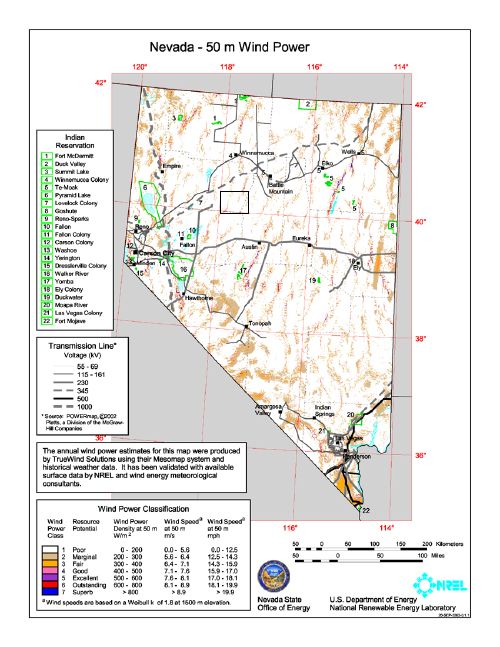
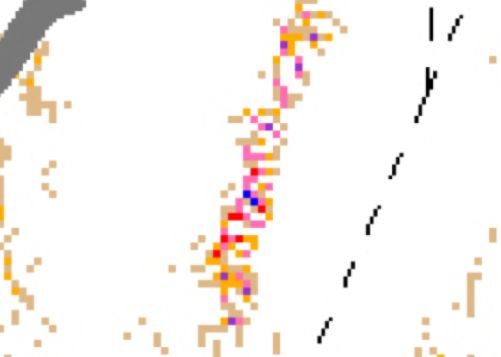
In concert, the wind, solar, and geothermal resources can share the same operations and transmission infrastructure. Solar thermal and geothermal can share the same physical generation resources. As solar resources become unavailable (darkness) wind resources in this area tend to increase and peak during night time hours. Of course, geothermal resources are not subject to sunlight and wind conditions and provide a constant baseload power output from the renewable energy park. Presently, the size and feasibility of this approach are unknown and will not be known until the resource assessment has been completed. However, the conditions are right for this approach to work in this specific property and perhaps others located around the world.
As results of resource surveys become available, we will share those results and the progress of our project in general.



